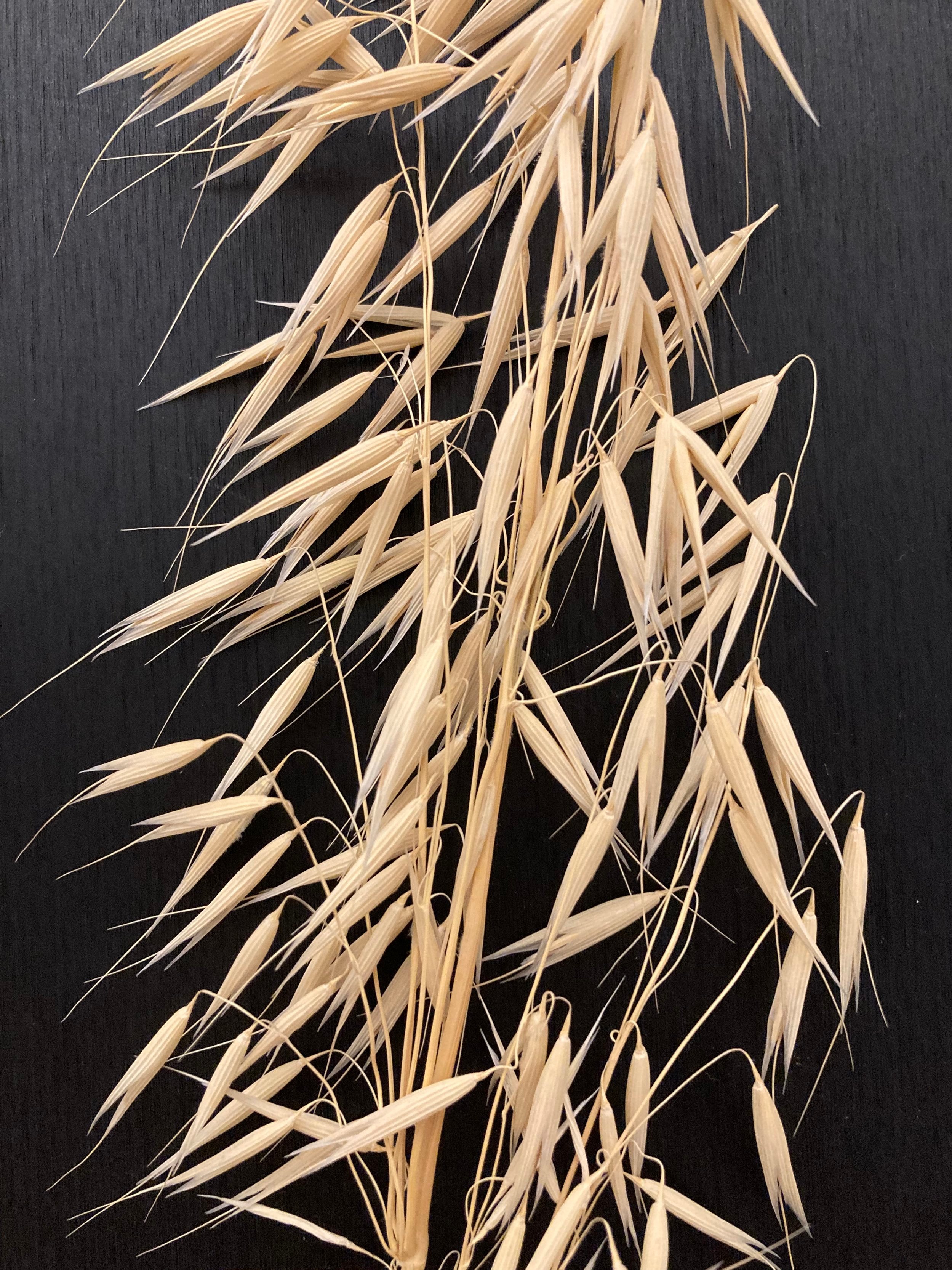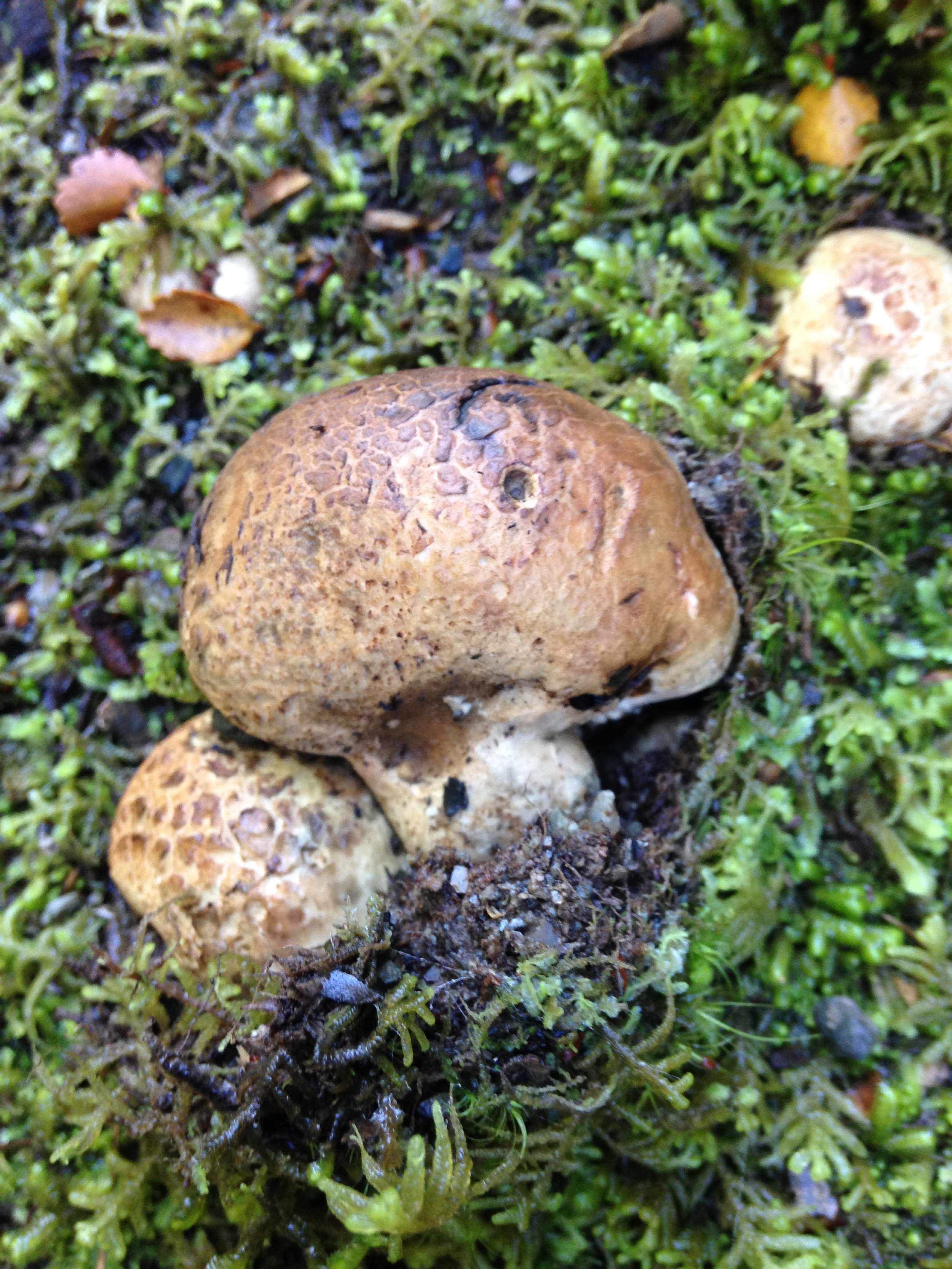Chinese medicine philosophy offers a different perspective on the understanding of the human body, one in which we are in relationship with everything around us. This perspective broadens our awareness of what it means to be well, in tune with our inner life, our relationships, the rythyms of the natural world and the cosmos. In Chinese medicine, the spleen is an organ which relates to: the earth element, the colour yellow-orange, the sensory capacity to taste, the flavour sweet or bland, the season of late summer and the equinoxes, the flesh aspect of the body, the aspect of mind-spirit we might describe as intention or mental awareness, and the planet Saturn in the cosmos. In this article I will discuss some of the functions of the spleen and the correlations with aspects of our being and the world we live in.
The spleen and the stomach are considered a pair and energetically hold a central place in the body, and a central functional role in the digestion of food. The spleen is in charge of allowing the body to taste the primary 5 tastes: bitter, sweet, pungent/spicy, salty and sour. The spleen also has an important role in producing and nourishing the blood, converting the nutrients we eat into healthy functioning blood. The particular flavour which nourishes the spleen is sweet, but foods we might consider to have a bland flavour, such as rice or potato are also considered to nourish the spleen. Foods that are naturally harvested in summer or late summer/autumn nourish the spleen, such as grains like barley, rice, millet, wheat, buckwheat, and root vegetables like kumara (sweet potato), pumpkins and squash. Certain vegetables and medicinal herbs which grow as roots often have a harmonising effect on the spleen function, as well as food from the fungi kingdom. The spleen resonates with earthy tones in the colour spectrum from white to yellow, orange, brown. Foods that are in this spectrum tend to nourish the Spleen.
When the spleen is in healthy balance, the body can taste all of the five flavours and is nourished and energised by food. When the spleen is out of balance often there is a craving for very sweet flavoured food in abundance and an inability to be satisfied with other flavours. In the past, before the industrialisation of food, sweet foods were eaten more in season. In our present day we often eat and drink very refined sweet foods in excess, on a daily basis. This tends to compromise the spleen and stomach’s healthy functioning. As well as having a primary role in digestion and blood production, the spleen has a close functional relationship with the lung, supporting immunity and healthy fluid metabolism. It also has other important functional relationships with the heart, liver and kidney.
In Chinese medicine the five elements correspond with the seasons in the solar year. The spleen correlates with the season of late summer, which the Chinese understood to have a particular quality distinct from summer and autumn, traditionally hot, wet and humid. The spleen is also correlated with the times of year when there is equal day and night, particularly the autumnal equinox but also the spring equinox. During this time of year, 2 weeks either side of the equinox, there is a natural momentum and dynamic in the cosmos for change. This is often why we have the phrase ‘spring clean’, to describe the movement toward creating order and cleanliness after the dying and decaying process in the winter months and to invite into our beings the newness of spring. Although we do not have the idea of an autumn clean, the same can be said of the autumnal equinox where we are invited to enter into a slower pace of life to begin to store our summer harvest, literally and metaphorically, and enter into a more inward and contemplative sphere of our being as autumn and winter beckons.
The fleshy aspect of our body is governed by the spleen. When we are first born there is an innate need of our baby self to feel the presence of our primary care giver(s), often the mother. To have skin-skin touch, to be held and to be in relational contact. This is a mammalian experience of physically being in touch in order to feel safe on earth, safe in our body. Our Spleen functioning is strongly influenced by this early experience of infant care and nourishment. As well as the requirement for baby to be held, touched skin-skin, there is also the relational heart-heart component of the caregiver holding the baby in one’s mind, of having empathy for baby’s emotional state. In neuroscience terms this is limbic resonance and the activation of mirror neurons. When a baby feels it is seen by another, it activates an inner experience of feeling good, feeling safe in ones body, feeling okay on earth, a kind of grounding into one’s little body. This is a Spleen-Heart function which helps the baby’s nervous system feel regulated by a heart-heart field of love and an intention to want to understand the baby’s needs. Often it is not the words communicated to baby, it is more the tone, and the hearts condition which the baby is resonating with. This begins not just when the baby arrives on earth, but also in utero. Our early experience very much shapes our spleen functioning as we grow into adulthood.
In Chinese medicine the five primary organs: liver, heart, spleen, lung and kidney each have a unique soul quality, or aspect of the mind-spirit. These aspects of the mind-spirit interact with one another in the body, and they contribute to how our whole consciousness functions as a self. The spleen spirit (soul) aspect is described as Yì.
“The character for yì (億), is made with the heart (心) and above that a mouth, with something issuing from it, which is sound, but a sound which is modulated...the character suggests a sound, but a sound modulated by temperament, a sound which reflects the condition of the heart”
Aspects of the Spirit: Hun, Po, Jing, Shen, Yi, Zhi in Classical Chinese Texts - Elizabeth Rochat de la Vallée
Yì is often understood as an intent, an idea, one’s predisposition of thought or way of thinking. It relates to one’s awareness, one’s perception which forms the basis of thought. The yì is considered to be closely related to the will, or zhì (志), which is the spirit aspect of the kidney. The intent is required for the will to manifest. Intention can relate to everyday mundane things we might do on a daily basis such as the intention to brush ones teeth in the morning, but it can also relate to ideas such as meaning, purpose and value in our life, which guide a deeper way of thinking and being in the world. When the mind is in constant rumination, perhaps feels constantly worried or anxious, or has continuous thoughts which have a paranoid, or delusional quality, this is often an indication the spleen and earth element is undernourished, and does not feel supported. Often our digestion will be affected when the mind feels unbalanced in this kind of way – either desiring to eat to emotionally soothe, or feeling no appetite and repulsed by the idea of eating.
Some of the ways we can nurture and take care of our spleen can include: taking breaks from sustained mental thought, or over-thinking and worry due to work, study, or relationship challenges, eating regular and well balanced meals, slowing down to eat, asking ourselves when we feel stressed ‘what do I need right now in this moment?’, connecting to mother earth, creatures and plant life, feeling connected with others in our community, feeling our bodies through touch, grounded movement, body-oriented therapies like massage and acupuncture, giving less of our energy to others when we feel drained inside ourselves, giving to others when we feel full and nourished inside ourselves.

















